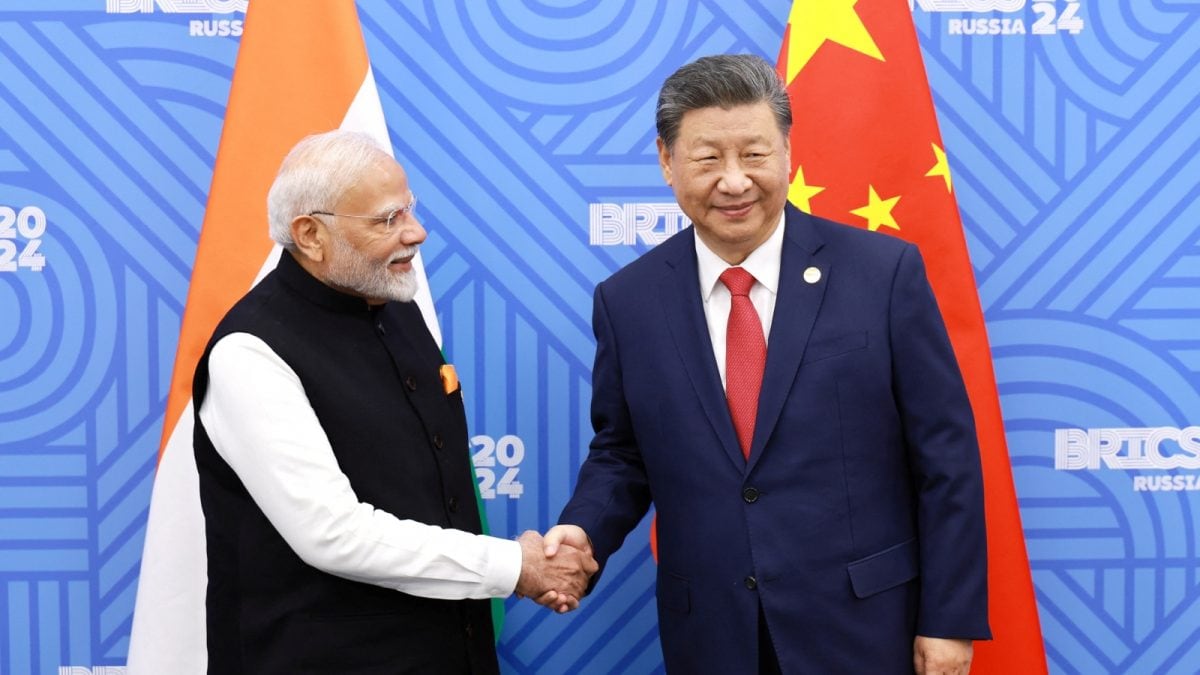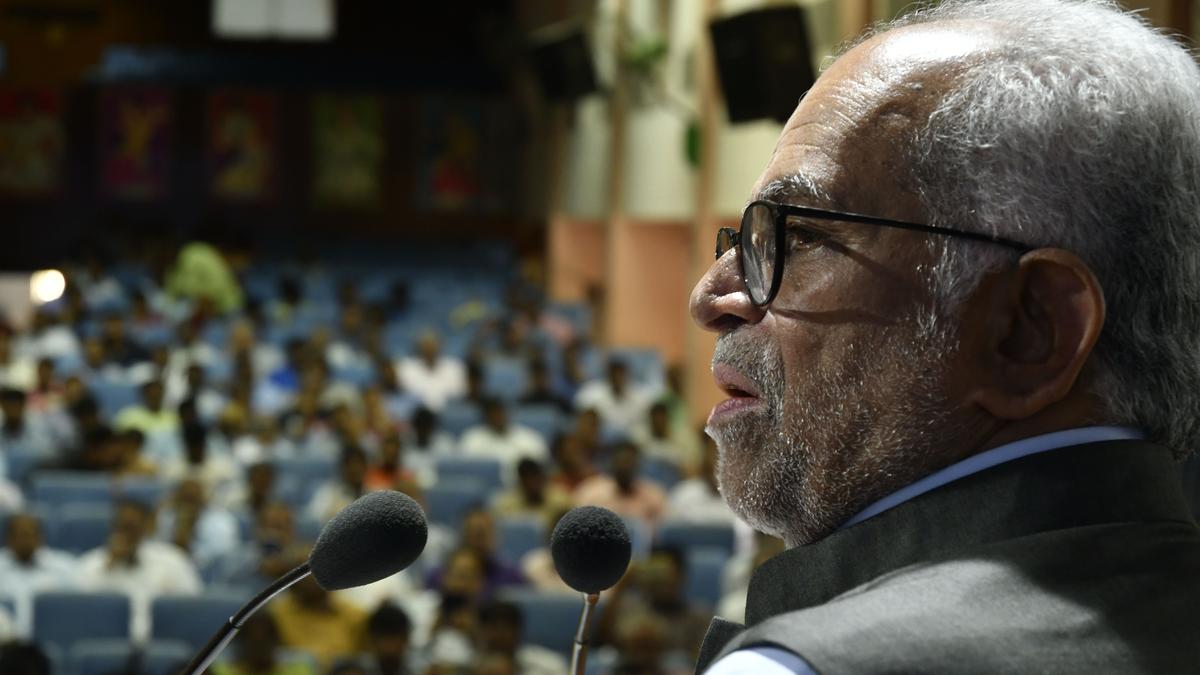ARTICLE AD BOX
Rashtriya Swayamsevak Sangh (RSS) chief Mohan Bhagwat on Monday said women’s participation in Sangh work was on the rise but evolving “naturally,” while stressing that no society can be organised by keeping half its population out.
“People ask how many women are there in the Sangh. I say at least as many men are there. Every worker has a mother, wife or sister. They want the worker to work for the Sangh’s cause, and then he is able to do it,” Bhagwat said.
The RSS chief was addressing a gathering at NDMC Convention Centre during the launch of a book on the life of RSS leader Ramesh Prakash by Suruchi Prakashan.
He underlined that while the “visible” Sangh work showed only men, women were engaged through the Rashtriya Sevika Samiti, the RSS’s parallel organisation for women, founded in 1936. “We have decided that we will work parallelly. We will not encroach on each other’s field. And we have to help each other always. In our core committee meeting of the Pratinidhi Sabha, women working in various Sangh organisations are invited. They participate in all discussions. Decisions are taken unanimously,” Bhagwat said.
Responding to criticism that the RSS has historically had poor participation of women in its work, Bhagwat said the organisation had taken “special care” to address women’s issues. He cited the example of a resolution passed at its Vrindavan meeting, where a draft was first given to women representatives to suggest changes. “Once it came back to us with their changes, it was passed as it is,” he said.
The Sangh chief, however, maintained that the process of increasing women’s participation would differ across regions. “The way it happens in Bihar, the same process cannot be followed in Maharashtra. Similarly, Gujarat and Delhi will follow different ways. There are different environments and situations. Now, it is so that the implementation groups of Sangh’s work wings have increasing women participation,” he said, adding that in social programmes such as ‘Kutumb Prabodhan’ (family awareness), ‘Sewa Vibhag’ (service), and ‘Prachar Vibhag’ (outreach), men and women contributed together.
“All this (women’s participation in Sangh work) happens. But it is all evolving naturally. And it is happening because of the workers’ life practices. Once a worker joins us, their family also gets associated with us,” Bhagwat said.
‘Shakha is a male activity’
Story continues below this ad
While Bhagwat sought to emphasise the Sangh’s openness to women, the organisation’s leadership has previously clarified that women cannot be part of its core shakha system. At the Akhil Bharatiya Pratinidhi Sabha in Haryana, RSS general secretary Dattatreya Hosabale had said in March 2022 that the issue was “being discussed more in the media” than inside the Sangh.
“Shakha is a male activity. People come at 5.30 am, then meet again at 8 pm. There are games played, drills held. So obviously, it is sort of reserved for men,” Hosabale had said at the time, while asserting that the Sangh was committed to increasing women’s role in decision-making.
“Should there be something for women? Of course. That is why the Rashtriya Sevika Samiti engages in many similar activities. They also work at the district level. But there are obviously some limitations to how much travelling women can do. So, their work is accordingly structured,” Hosabale had said.
Women in the RSS have women-centric shakhas under the Sevika Samiti, with pracharikas (full-time workers) and annual Sangh Shiksha Varg training camps. But unlike the male shakhas—the most visible grassroots units of the Sangh that bring people into its fold—the women’s wing has never matched them in scale or influence. Its membership has also been largely confined to women relatives of RSS functionaries and swayamsevaks.
Symbolic gestures
Story continues below this ad
In recent years, the Sangh leadership has made symbolic efforts to highlight women’s presence. In October 2021, mountaineer Santosh Yadav became the first woman to be invited as chief guest at the RSS’s annual Vijayadashmi event, where Bhagwat delivers his most important public address of the year. On that occasion, Bhagwat had admitted that women had historically been confined to homes or treated as “second class,” and urged that they be given equal rights and independence in decision-making.
Hosabale, too, has publicly regretted the lack of women’s participation in the RSS. The organisation’s annual report for 2021-22 highlighted that 41 of its outreach wings across states had women representation, a detail seen as part of its attempt to showcase change.
At the March 2022 Akhil Bharatiya Pratinidhi Sabha, the RSS also decided to encourage family shakhas every three months at the village and town level, where women would participate in cultural programmes. Hosabale said many Sangh programmes “cannot be successful without the participation of women.”
Yet, both Bhagwat and Hosabale have drawn clear lines between inclusion and leadership. While women may be invited to participate in discussions or cultural programmes, decision-making power and the core shakha system remain firmly male.
Story continues below this ad
The Sangh’s approach, as Bhagwat described it, is to let women’s participation evolve “naturally” through families and social work, while leaving its traditional structures untouched. For now, women may be indispensable to its social outreach, but the Sangh’s leadership core continues to be a men-only domain.



.png)
.png)
.png)

























 English (US) ·
English (US) ·